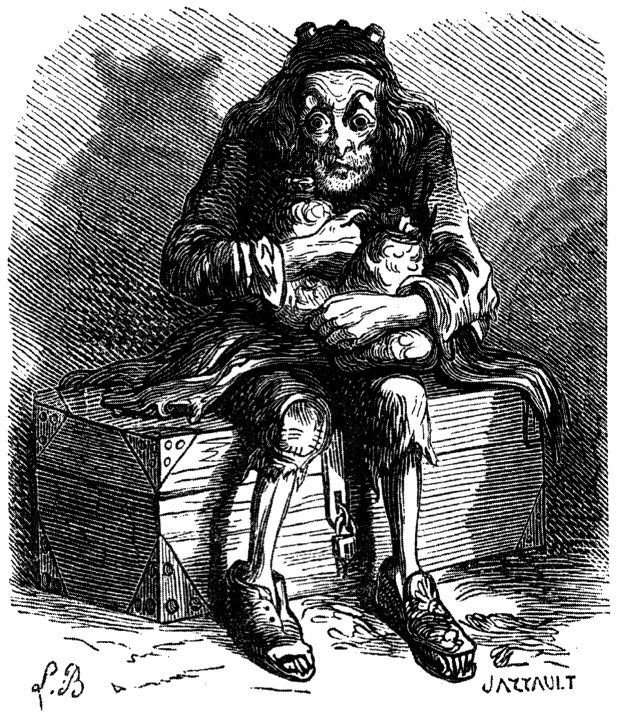Today’s Gospel speaks of dishonest employees and employers, but the main point Our Lord wants to make today is that you can’t buy or sell friends.
In today’s First Reading the Lord, through the prophet Amos, laments the exact opposite of friendship: exploitation. The wicked see the Sabbath or religious holidays as keeping them from doing what they really want: do business and make money. Their wickedness goes deeper than just wanting to make money instead of giving the Lord his due: they cheat their neighbors by rigging the scales and other systems of measurement for trade. The worst of all is that they turn their neighbors into property, forgetting that the Lord had freed them from slavery in Egypt.
St. Paul invites us in today’s Second Reading to pray for those in authority over us, because when authority is abused it leads to strife. A quiet and tranquil life gives society the serenity to seek and find the Lord and serve each other. Society should seek the common good, and that good does not exclude the good of any individual, just as Our Lord wants every soul to be saved. In our dealings with the highest authority—Our Heavenly Father—Our Lord has interceded for us, showing his true friendship with us and teaching the friendship we should show our neighbors, whether they are in positions of authority or not.
At first glance the Gospel today can leave us perplexed. It seems that the rich man about to fire his untrustworthy steward is congratulating him for the very thing for which he is being fired: dishonest accounting. There’s no forgiveness going on here: the “prudence” that the rich man is acknowledging in his soon-to-be-former steward is the astuteness with which he saves his own skin at the expense of his soon-to-be-former boss. In Jesus’ time usury, an immoral marking up of the value of goods, was done by changing the quantities owed on invoices. The bills in those days never said, “50 measures of oil, plus a 50 measure ‘service fee’”; they just said, “you owe 100 measures of oil.” By doctoring the billing in this way, the rich man, with the help of his steward, was making a tidy profit while hiding his usury. When the steward sees he’s on his way out, he closes the books at their real value, not at the marked-up value benefiting his master: he’s turned the tables on his master in a way that wins him “friends” for his impending unemployment, and in a way in which his former master can’t touch him.
However, Jesus reminds us today that you can’t buy friends. Friendship based on what someone gains me is not true friendship. Maybe the steward will bounce around from “friend” to “friend,” but who is going to trust him knowing what he did to win their friendship? Dishonest wealth fails. Friendship is based on trust. As Jesus reminds us in the Gospel today, trust is something that must shine in all our actions, big and small. Trust means being at the service of your friend with no strings attached. Trust means I can rely on someone when the chips are down. Real friends show themselves in times of adversity.
Whenever we look upon a crucifix, we are reminded of a friend we’ve always been able to rely on, even when many times we haven’t returned the favor. The apostles, after so much quality time with Christ, abandoned him, but he didn’t turn the tables on them: he shouldered the burden and paid the bill with his life so that we would have eternal life, no strings attached. He could have just closed the books and left us all out in the cold, but he didn’t. What greater sign of friendship is there?
Christ can be acknowledged as a historical figure, Our Lord, Our Savior, and Our Redeemer. Do you recognize him as your best friend? He has shown you friendship in countless ways, making him worthy of your friendship. Don’t spurn it.
Readings: Amos 8:4–7; Psalm 113:1–2, 4–8; 1 Timothy 2:1–8; Luke 16:1–13. See also 25th Sunday in Ordinary Time, Cycle C and 31st Week in Ordinary Time, Friday and Saturday.

